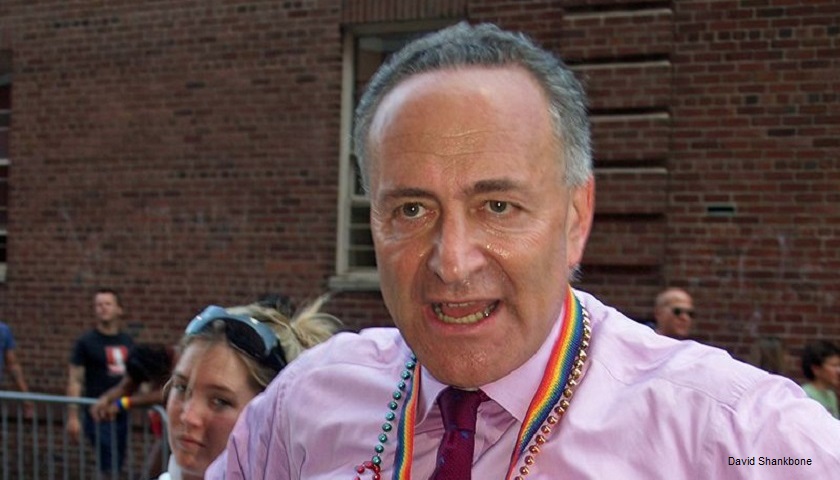By Printus LeBlanc
November 2, 2017
On Tuesday, a radical Islamist launched a terrorist attack against pedestrians and cyclists, blocks from the World Trade Center in New York. The terrorist adopted the tactics of other attackers in Europe by using a vehicle as a weapon, in this case, a rented Home Depot truck. Shortly after the suspect was subdued by police, his identity and how he came to be in the U.S. became known. The man that killed eight and injured more than a dozen was an invited guest.
Sayfullo Habibullaevic Saipov entered the U.S. legally through what is known as the Diversity Visa Lottery Program in 2010. The Immigration and Nationality Act of 1965 was amended in 1990 with the passage of the Immigration Act of 1990, S. 358. The 1990 bill increased the number of family-based immigration visas, created five occupational categories, and created the diversity visa lottery program. The program was designed to encourage legal immigration from countries that were “underrepresented” in the current immigration flows.
The program makes 50,000 permanent resident visas available every year. The visas are divided among nations from which immigrant admissions were lower than a 50,000 over the preceding five years. To be eligible for the visa program, the alien must have a high school education or the equivalent, or two years’ experience in an occupation which requires at least two years of training or experience.
Since the inception of the program, there have been numerous examples of fraud and misuse. A 2007 Government Accountability Office report about the program stated, “At 5 of the 11 posts we reviewed, consular officers reported that the majority of DV applicants, lacking access to a computer or internet savvy, use “visa agents” to enter the lottery. Some agents take advantage of DV applicants; visa agents in Bangladesh have intercepted applicants’ program documents and charged ransoms of up to $20,000 or coerced applicants into sham DV marriages. Consular officers at 6 posts reported that widespread use of fake documents, such as birth certificates, marriage certificates, and passports, presented challenges when verifying the identities of applicants and dependents.”
A Congressional Research Service report about the program found evidence of human trafficking, reporting, “Some might reference the 2009 arrests of Lassissi Afolabi and Akouavi Kpade Afolabi, who coerced foreign nationals into human trafficking and forced labor rings by paying for the diversity visas if they listed the trafficked young women as their own family on the visa application.”
The program has survived more than a few attempts to end it, with the closest coming in the mid-2000s.
In the 109th Congress Rep. James Sensenbrenner (R-Wisc.) introduced the Border Protection, Antiterrorism, and Illegal Immigration Control Act of 2005, H.R. 4437. The legislation passed the House with bipartisan support in December of 2005. One provision of the bill eliminated the diversity visa program. Unfortunately, despite a Republican majority, the bill was stalled where all good legislation goes to die, the Senate.
Following the attack, the President called for Congress to act and end the program. The good news for the President is there is already a bill that does that.
Senators Tom Cotton (R-Ark.) and David Purdue (R-Ga.) have introduced the Reforming American Immigration for the Strong Employment Act (RAISE Act), S. 1720. The bill focuses U.S. immigration policy on merit and need, instead of the familial based system currently in use. The legislation also terminates the lottery program.
The President has endorsed the Cotton legislation and should make it the centerpiece of his immigration policy.
Clearly, the program is highly flawed. It has been used in human trafficking, bribery, and now terrorism. It is time to end the program, and Congress can act. They can pass the RAISE Act and dare any House Member or Senator to vote against an immigration policy that puts the priorities of foreigners over the priorities of Americans.
Printus LeBlanc is a contributing editor for Americans for Limited Government
Reprinted with permission from NetRightDaily, a project of Americans for Limited Government.





